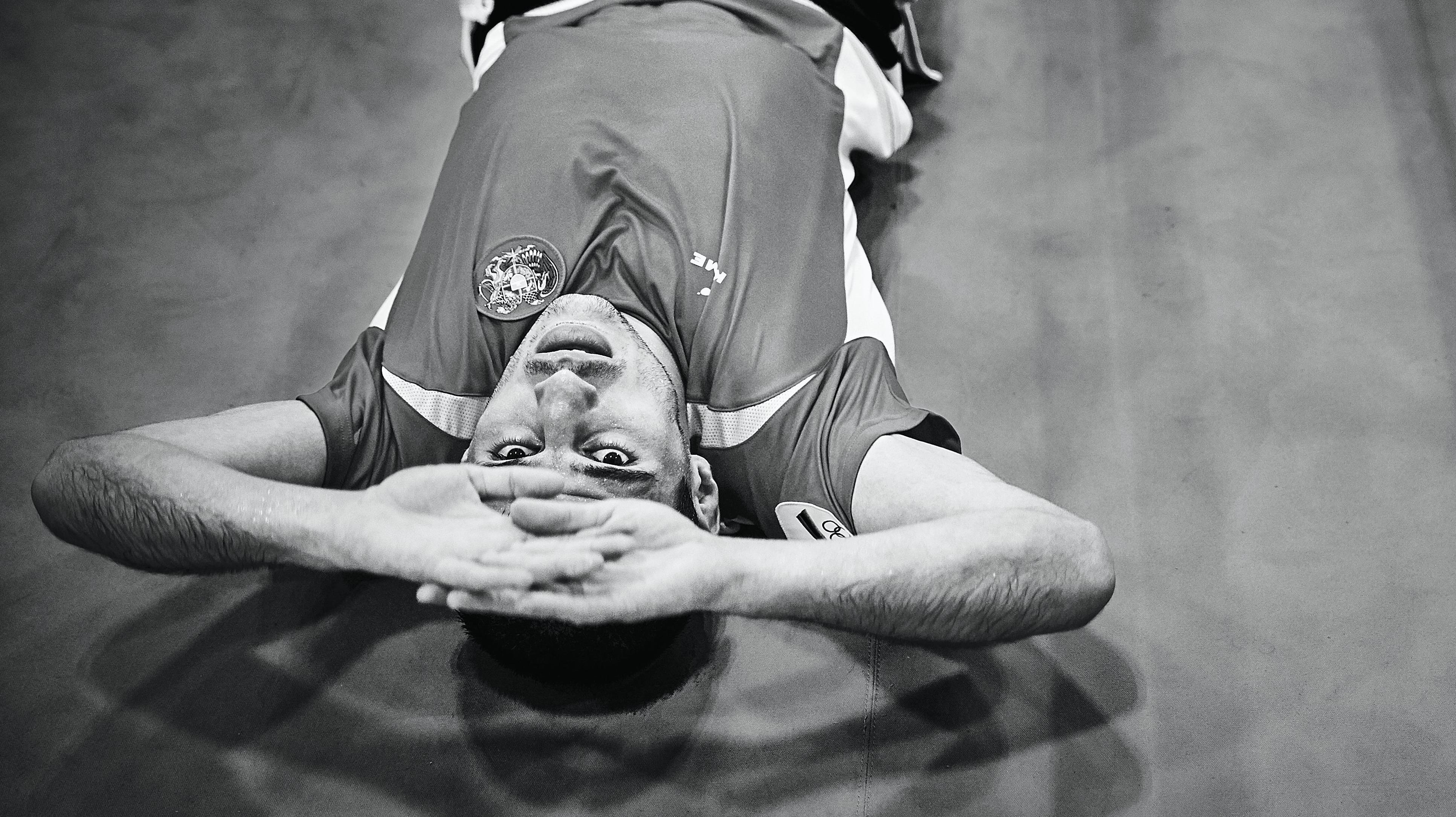Burnout - when they body says “stop”
For athletes it is normal to be exhausted and tired following training and competition. But it is not normal to stay tired even after several days of rest.

Burnout, or being in a continuous mood of physical exhaustion, feeling down, reduced performance and negative stress, usually comes from a combination of too much training and too little rest. High-level athletes are most vulnerable, but there are several factors that play in for a burnout situations: uniform training routines, high training doses, many competitive hours, poor diet, bad sleep patterns, stress, and bad mood can give rise to burnout.
The good news is that you can stop burnout from development if you tackle the situation early and implement the right measures. Below you can read about common burnout symptoms and what you can do if you suspect you or your athletes being burned out.
What you looking for?
- You often feel exhausted
- Your muscles are tired, your body stiff
- Muscle soreness comes faster than before, and stays longer than before after exercise
- Athletes who like endurance activities can have difficulty controlling their pulse
- Performance and motivation often get worse. You simply do not perform as well as before
- Many athletes also have upper respiratory tract infections, such as colds, more often than before
- It is also not uncommon with sleep problems, poor appetite, weight disturbances, mood swings and reduced concentration
Are you at risk?
Research reveals that symptoms vary significantly from person to person. If you suspect a person to suffer from burnout, or being overtrained, ask for help.
What should you do?
If you recognize the symptoms above, contact a physician or physiotherapist for help. They will, among other things, monitor what symptoms you have. An analysis of your training and competition loads, diet, medication, and previous history of injuries and illnesses may help to provide a correct diagnosis. Therefore, think through this in advance.
Treatment
It is important to emphasize that treatment will vary from one athlete to another. You have to evaluate and find out what the main problem is, if the treatment is more likely to be successful. Nevertheless, there are general advices:
- In case of suspicion of a burnout-condition, a period of rest is recommended. Often two weeks. If you do not get well during this time, you should be taken out of activity for an extended period of time.
- It is further recommended to initiate a collaboration with a sports psychologist to plan the upcoming period. If the condition has existed for a while, it may take anything from weeks to months to get well.
The body in balance
It is of importance to understand the balance between the total training load and the body´s ability to tolerate that load.
Prevention
The coach plays an important role for an athlete. The interaction between the training load and recovery must be evaluated constantly. It is not always the total load that is the problem, more how to manage load over time and to reach that goal. It is important to keep an overview of the total load the athlete is exposed to. For example, this overview should involve mapping the weekly number of training hours, match minutes, travel days, hours of daily sleep and/or exam periods. Again, the importance of each of these will vary from person to person.
Training diary
It is recommended that the athlete carry a training diary. As a coach or parent, make sure to watch out for "time outs" during periods when the total load is high, the athlete is underperforming, feeling exhausted or is returning from illness and injury. Avoid the training being too monotonous. You as a close person for the athlete play an important role to get the athlete eating and drinking well, and resting enough. Be sharp-eyed of various stressors in their daily lives that can affect the overall load. Talk to and listen to the athlete.